Are psychedelics addictive?

Non-addictive nature
Some claim that psychedelic use is addictive. But researchers now consider psychedelics to be non-addictive. The intensity of the psychedelic trip dissuades most people from wanting to repeat the experience quickly. Also, the human body quickly builds tolerance to LSD, meaning that if you trip today, tomorrow you will need much more LSD, and more the next day. And the molecular makeup of LSD and psilocybin are so similar, cross-tolerance occurs between them. Meaning that if you trip on LSD today, you’ll need many more psychedelic mushrooms tomorrow.
“Anti-addictive”
Attempts to train animals to self-administer hallucinogens, an animal model that can predict abuse liability, have generally been unsuccessful. When a rat is given water mixed with cocaine, it will continue drinking the cocaine water until it dies. When a rat is given water mixed with LSD, it drinks the LSD water once, then never drinks it again. In fact, psychedelics are considered “anti-addictive,” meaning they can be used to counter addictions to other substances like alcohol, nicotine, opiates, etc.
Can psychedelics cause overdose

Overdose
In 1974, 8 people snorted inordinate amounts of LSD, after mistaking it for cocaine. They developed comatose states, hyperthermia, vomiting, gastric bleeding, and respiratory problems. But they all survived with hospitalization.
Many of the reports of serious harmful effects of taking psychedelics are from case reports rather than during controlled studies. There have been two cases of reported deaths caused by psilocybin overdose, but researchers argue that there’s too little information to rule out cross-contamination.
There have also been some case studies where people thought they had taken a psychedelic, such as LSD, but had actually taken a different drug. For example, a married couple took what they thought was LSD, leading to the wife’s death. The media blamed the death on LSD, but the autopsy revealed that they had actually taken 25b-NBOMe.
As far as researchers have been able to confirm, there are no known deaths due to overdose from LSD, psilocybin, or mescaline. Now, psychedelic-related deaths from car accidents and other reckless behavior do sometimes occur. We can compare this to alcohol-related deaths, which toll 3 million a year. And every year there are 350,000 opioid-related deaths.
lethal overdose amount
Researchers have recorded psilocybin lethal overdose in rats. They extrapolated this rat lethal overdose and calculated that for a 60 kg (130 lb) human, the lethal overdose would likely be 1.7 kg (or 3.7 lb) of dried mushrooms, which is 17 kg (or 37 lb) of fresh mushrooms. The Lethal dose of pure psilocybin has been extrapolated to be 6g, 1000x the effective dose of 6mg.
Several researchers indicate that the major harm from mis-identification of mushrooms, as there are many poisonous species of mushroom. The number of deaths from this, though, is unknown.
Now, with LSD - the fatal dose is 1000x larger than the effective dose. Compared to Heroin whose fatal dose is only 5 times the effective dose. Hence, it is virtually impossible to overdose on LSD. (Gable, 2004)
Elephant LSD Overdose
There has been one recorded LSD overdose. This was Tusko, a male Indian elephant at the Oklahoma City Zoo. On August 3, 1962, researchers from the University of Oklahoma injected Tusko with 297 mg of LSD. This is nearly three thousand times the human recreational dose. Within 5 minutes, Tusko collapsed to the ground. 1hr 45min later, Tusko died. But it is disputed whether it was the LSD that killed Tusko or the tranquilizer they administered to keep him sedated through the experience.
Side Effects of psychedelics

Short-term side effects
Although psychedelics aren’t considered addictive and don’t appear to cause organ damage or neurotoxicity, there are some short-term side effects including dizziness, blurred vision, weakness, tremors, and increased blood pressure.
Using pooled raw data from eight double-blind placebo-controlled experimental studies conducted between 1999 and 2008, including 110 healthy subjects who had received between one and four oral doses of psilocybin (45–315 μg/kg body weight), researchers found that psilocybin dose-dependently induced profound changes in mood, perception, thought, and self-experience, but most subjects described the experience as pleasurable, enriching, and nonthreatening. Acute adverse reactions were characterized by strong dysphoria and/or anxiety or panic but occurred only at the two highest doses of psilocybin in a relatively small number of subjects.
All acute adverse drug reactions were successfully managed through interpersonal support and did not require psychopharmacological intervention. Follow-up questionnaires indicated no subsequent drug abuse, persisting perception disorders, prolonged psychosis, or other long-term impairment of functioning in any of the subjects.
The results indicate that the administration of modest psilocybin doses to healthy, high-functioning, and well-prepared subjects in the context of a carefully monitored research environment carries an acceptable level of risk.


